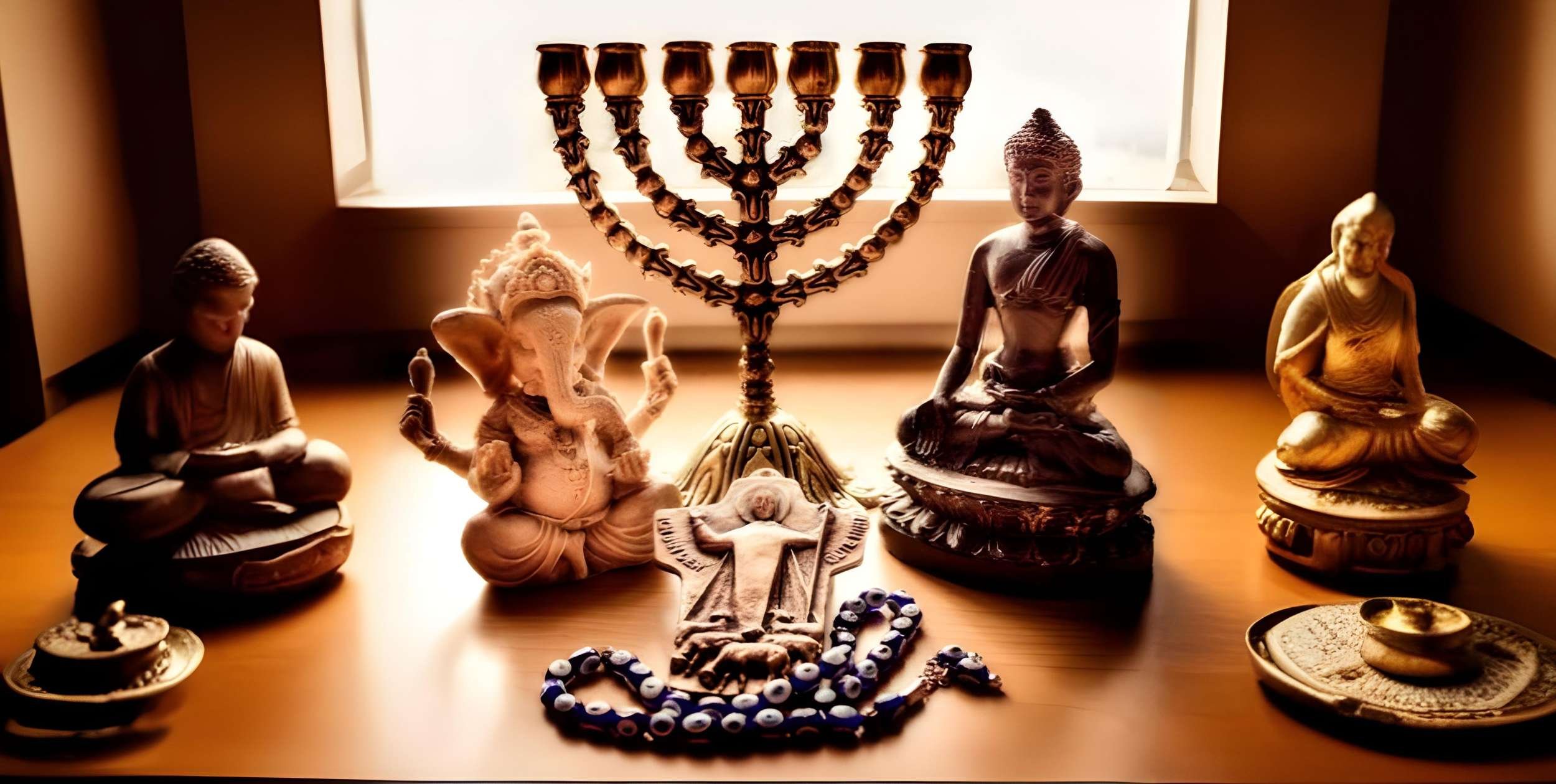Why GCSE Religious Studies Matters More Than Ever
GCSE Religious Studies (RS) frequently faces misconceptions. It's sometimes characterised as an 'easy' option, lacking concrete application. However, delving into the statistics and the subject's impact reveals a very different story – one of growing popularity and significant value for universities and employers. In this short article, expert tutors from Humanitas Learning break down the growing significance of GCSE RS and why it is a beneficial subject to study at GCSE level.
The Rising Tide: GCSE RS Entry Numbers
According to data from Ofqual, GCSE Religious Studies has seen a steady increase in entries over the two decades. While fluctuations exist, the overall trend suggests a growing interest in the subject. Since 2010, GCSE entries for RS full course in England have risen by just over 30% (51,645) from 170,767 to 222,412.
Additionally, RS attracts students from a wide range of backgrounds, reflecting the diverse nature of modern Britain. This provides an invaluable learning environment for exploring different perspectives. Indeed, examining bodies like AQA seek to promote inclusion by making equality and inter-faith dialogue central to their specifications.
Why Study GCSE RS?
Some assume RS is simply about memorising a long list of religious dogmas. The reality is far more nuanced. While it is true that a solid body of knowledge is required, the GCSE exam demands critical thinking and analytical skills. Exam papers consistently require students to analyse complex arguments about religious beliefs (such as the Christian Trinity), evaluate contrasting viewpoints, and construct well-reasoned responses. This enhances students' key skills in related subjects, like History, Philosophy and English Literature.
RS also places a strong emphasis on written communication, with essays and extended responses forming a significant part of the assessment. This helps students develop their ability to articulate complex ideas clearly and persuasively. Although the exam questions are shorter than subjects like English (the longest question on the AQA RS paper is only 12 marks), the higher grades require concise argumentation and well-structured, interlinking paragraphs.
GCSE RS also includes thematic studies as a core component, which involves an examination of complex ethical dilemmas. Topics such as abortion and nuclear weapons are explored, providing students with a unique opportunity to reflect on these significant issues within a structured academic setting. In an era marked by division and misinformation, the ability to understand diverse perspectives and engage in reasoned discussions about controversial subjects is increasingly important. Furthermore, students will be introduced to ethical frameworks, including utilitarianism and Just War Theory. This develops students' ethical reasoning skills.
Fostering Tolerance and Understanding
In an increasingly interconnected and diverse world, understanding different religious and cultural perspectives is of paramount importance. RS plays a crucial role in fostering tolerance, respect and cross-cultural understanding. The subject provides a platform for students to engage with different faiths and worldviews, promoting understanding and breaking down stereotypes. By exploring ethical issues and promoting empathy, RS contributes to building more inclusive and cohesive communities.
Why Employers Value GCSE RS
Critical Thinking: Employers consistently rank critical thinking as a top skill. RS develops this ability through the analysis of complex arguments and the evaluation of different viewpoints.
Communication Skills: The emphasis on written communication in RS prepares students for roles requiring clear and persuasive communication.
Ethical Awareness: In an age of increasing corporate social responsibility, ethical awareness is highly valued. RS provides students with a framework for ethical decision-making in business and HR.
The Future of RS: A Vital Subject
The statistics and the subject's impact demonstrate that GCSE RS is far from an 'easy' option. It's a rigorous academic subject that develops essential skills and fosters cross-cultural understanding. As our society becomes more interconnected, the value of RS will only continue to grow.
At Humanitas Learning, we're passionate about igniting a deeper understanding of religion and philosophy in our students. We don't just cover the exam syllabus; we dive into the heart of ethics, critical thinking, and theology through lively reading and structured debates. In today's world, where differing viewpoints often clash, we empower students with the knowledge for cross-cultural understanding and the sharp analytical skills needed for thoughtful debate.

